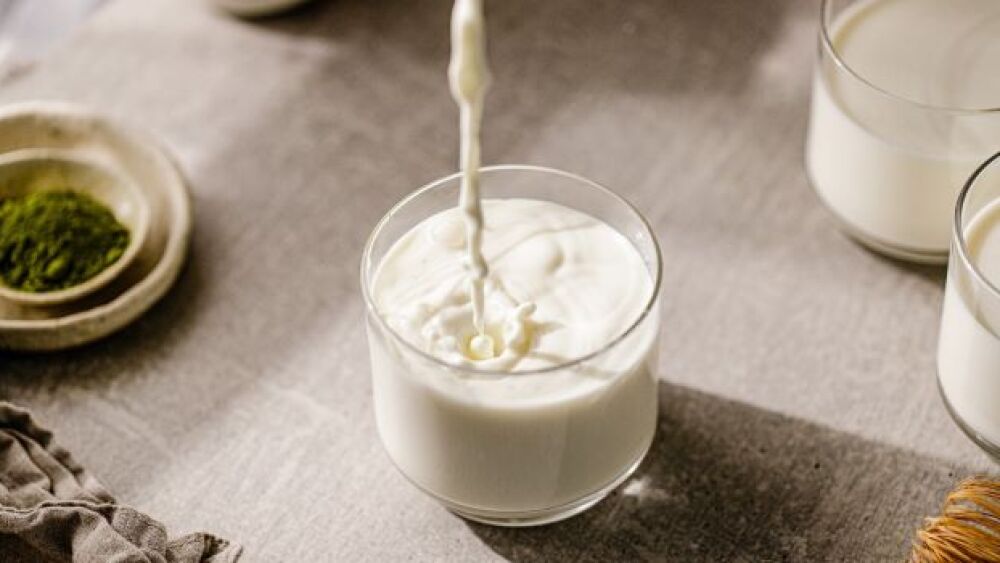In a first, Prolacta Bioscience recently published a proof of concept study showing that components of human breast milk can treat the adult microbiome without antibiotics.
The microbiome has long been known to have a significant impact on human health. Recently, Prolacta Bioscience published a proof of concept study showing that components of human breast milk can treat the adult microbiome without antibiotics.
The study, published in Cell Host & Microbe, evaluated a working combination of Bifidobacterium longum subspecies infantis (B. infantis) and human milk oligosaccharides (HMOs). It was the first time a change to the gut microbiome was introduced, maintained and then reversed without the use of antibiotics, Prolacta said in its publication announcement. This could set the stage for myriad therapeutic applications.
Prolacta CEO Scott Elster told BioSpace that the company is focused on repurposing underutilized elements of human milk to treat underserved patient populations. “That’s really what Prolacta does. We try to take this understudied, undervalued resource and apply it in really high leverage situations to aid people’s health,” he explained.
The company started out by providing human milk-based fortifiers to micro-preemies. “Then, we moved into single-ventricle physiology, which is a heart anomaly that about 2,000 kids are born with per year. We thought we could really help that patient population, so we did clinical research there that’s about to be published,” Elster said. “We’re excited about that.”
Healing the Damaged Adult Microbiome
Gregory McKenzie, study co-author and vice president of product innovation at Prolacta, told BioSpace that the researchers’ goal was to see if they could leverage the known biological elements that set up a healthy baby’s microbiome in order to heal a damaged adult microbiome.
He explained that HMOs, a component of breast milk, are essentially complex sugars. “We knew prior to the start of this project that these sugars actually don’t feed babies. We can’t absorb HMOs and babies can’t degrade them.”
Instead, HMOs feed the microbiome, helping infants to establish a healthy microbiome. “Babies are born essentially sterile, and as such, [they] are really susceptible to a broad variety of bacterial infections because the microbiome plays a role in protecting us from infection,” he said.
The researchers also considered what they knew about the infant gut microbe Bifidobacterium longum subspecies infantis (B. infantis). “We knew that a particular bacteria, B infantis, actually can use HMOs really, really well and produces organic acids that inhibit the growth of pathogens,” McKenzie explained.
Together, these elements make up what the scientists call Nature’s Microbiome Starter Kit.
During the study, the researchers dosed patients with two congruent products. “We talk a lot about seeds and fertilizer, where the seeds are the B. infantis bacteria,” McKenzie noted. The patients are given the bacteria orally in a capsule filled with freeze-dried powder.
“Then, we fertilize the seeds with HMOs derived from human milk,” he continued. This is also delivered orally as a liquid that the patients drink, feeding the bacteria and allowing it to colonize the gut. “We’re giving a live bacterium and the very specific sugars that only feed the B infantis.”
Applications in Blood Cell Cancer Outcomes
The scientists were able to control and maintain colonization and also control decolonization. “What we’re so very excited about in this study is that we have a level of control over the microbiome that really nobody else can do at this point,” McKenzie said.
Later this year, the company will begin a clinical trial in allogeneic stem cell transplant patients. “These are patients who have really poor outcomes that are linked to their microbiome,” he noted.
The patients have blood cell cancers that are at high risk of returning and require transplants from a healthy donor.
“Sloan Kettering and elsewhere have demonstrated that the patients in this population that have damaged microbiomes have much poorer outcomes. They have higher rates of infection and graft-versus-host disease,” McKenzie continued.
The company hopes to show that by “colonizing patients with Nature’s Microbiome Starter Kit, we can reboot their microbiome, reduce the level of infection and reduce the level of graft-versus-host disease that we’ve seen in these patients.”
McKenzie shared that the company is looking forward to evaluating biomarkers that show changes in the gut and predict good patient outcomes. “We think that this approach can help a large number of patients with damaged microbiomes,” he said. “This is the patient population that we’re starting in because there’s a huge need for these patients. We also think it will be easier to see the repair of the microbiome in these patients and see the clinical benefit.”
Elster also highlighted the importance of a healthy microbiome in this patient population. “If you have a low diversity microbiome, you have a much higher risk of dying not from cancer recurrence, but from either sepsis or graft-versus-host disease. We think we can change that by recapitulating the microbiome in a way that’s going to have high diversity,” he said.
McKenzie said that while other types of microbiome transplants come with risks of pathogen delivery, Prolacta’s product is expected to be very safe. “The product that we’re delivering, HMO, is consumed by millions of babies all around the world when they nurse. The bacterium that we are delivering colonizes babies at tremendously high levels all across the world,” he explained. “This really represents the next step in microbiome engineering.”







